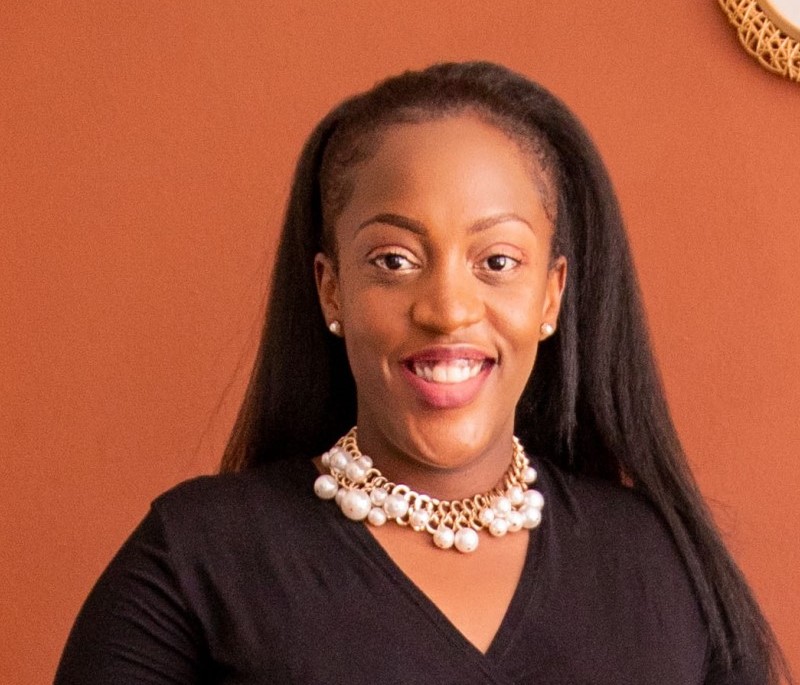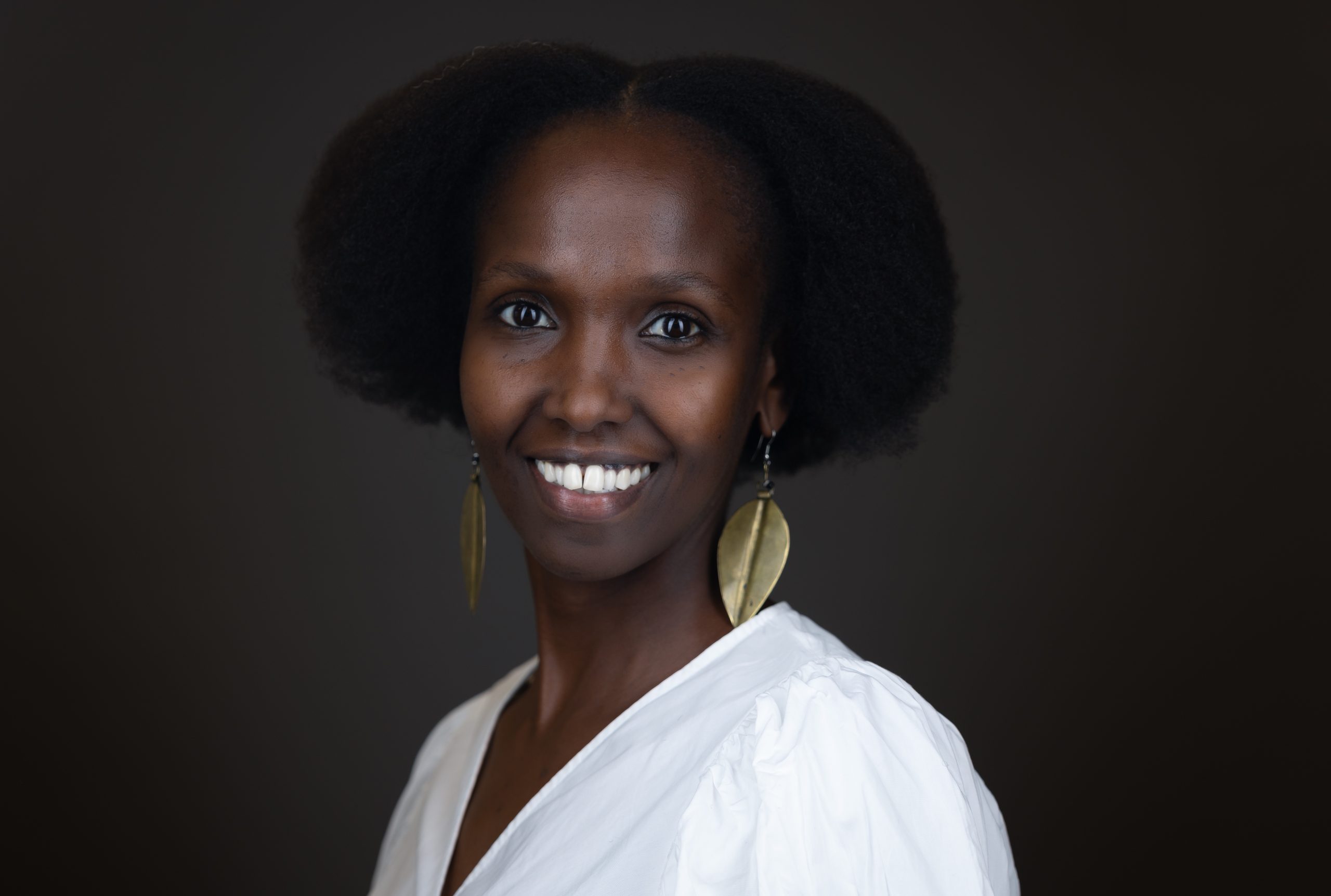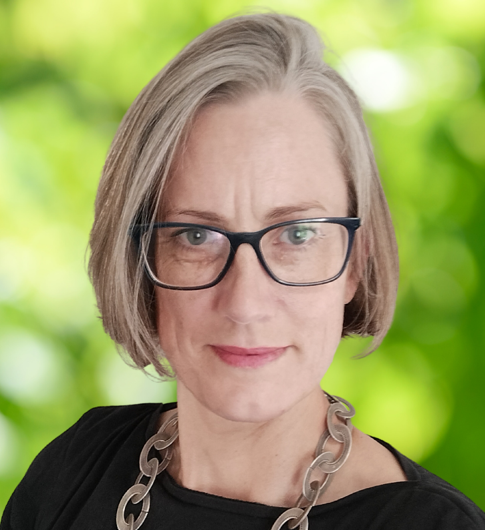This week on Comms Spotlight, we meet Anita Mureithi Rono, PR and Communications Specialist for Kenya and Ethiopia at Royal FloraHolland. Anita’s love for storytelling began in primary school and she grew to understand that the stories she told were powerful agents of change. In her interview with us, Anita shares what it takes to successfully pull off international campaigns, why collaboration and local context are key to success, and how storytelling can drive social change across Africa.
How did your career in Communications begin?
I have always loved telling stories. In primary school, my teachers would often write in my report cards that I needed to find quieter means of communication because I couldn’t stop sharing one story or another with my classmates. Looking back, that was probably my earliest sign that I was destined for a career in communications.
That early love for storytelling grew into a deep curiosity about how stories can shape perception and inspire change. With a background in Environmental and Geographical Science and Gender Studies, I was drawn to the power of storytelling to bridge Development, Sustainability, and Human impact.
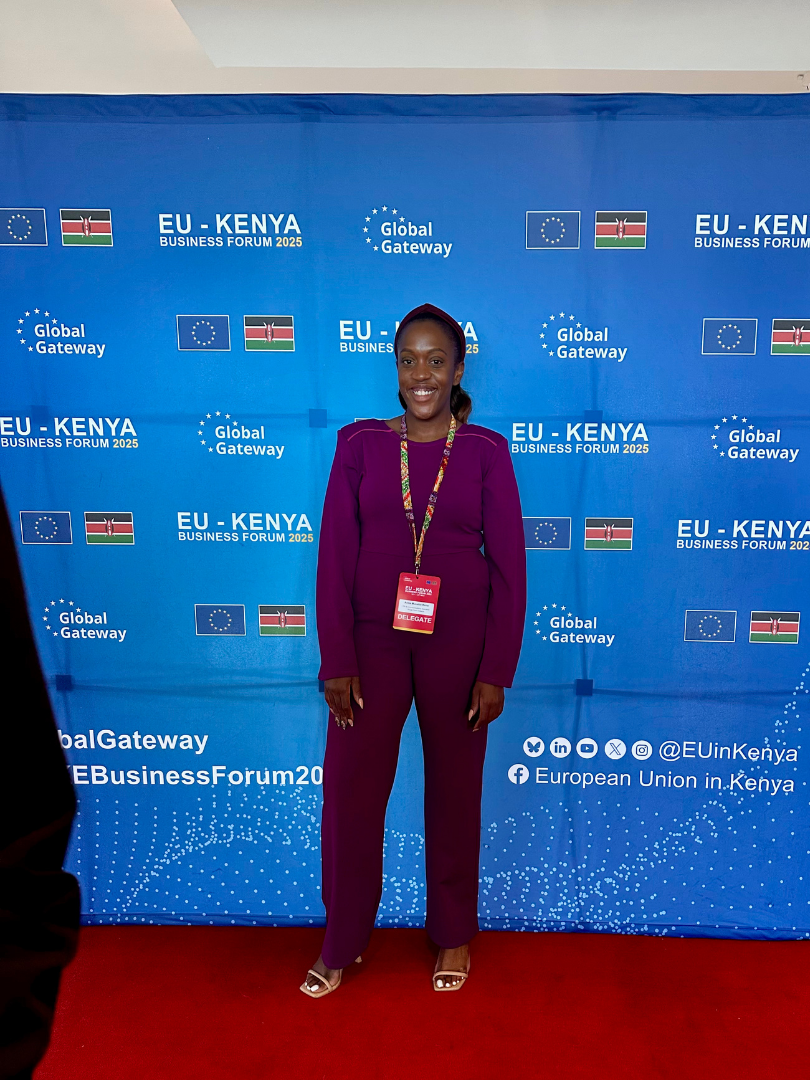
My first Professional experience at the National Environment Trust Fund (NETFUND Kenya) opened the door to the fundamentals of Public Relations, Resource Mobilisation, and Communications, areas where I learned to craft messages that not only inform but also mobilise communities. That experience set the foundation for my career, blending strategy, creativity, and purpose-driven storytelling.
What does your role as Strategic PR and Communications Specialist at Royal FloraHolland involve?
No two days are ever the same in my role. I lead strategic communications, public relations, and stakeholder engagement across Kenya and Ethiopia ensuring that our initiatives align with Royal FloraHolland’s international growth strategy while remaining locally relevant and resonant.
My work spans from internal communications and event management to storytelling that highlights our growers unique journeys. I collaborate closely with our teams and partners to craft meaningful narratives that showcase the impact, innovation, and sustainability within African floriculture.
At the heart of it all is connection, bringing people together through authentic stories that celebrate the growers, their craft, experiences and the shared value that flowers bring to communities and markets around the world.

Tell us about a project that has been very rewarding for you in your career.
One project that will always stay with me is the internationalisation of Royal FloraHolland’s global brand portal to showcase the diversity of our Cooperative. I had this deep desire to showcase to the world the beauty, richness, and quality of flowers grown by our African growers, and so I set out to tell their story visually.
Working alongside Andrew Katende, an East African photographer and film maker, we captured high-quality imagery across Kenya and Ethiopia, from the foothills of Mount Kenya to the vast Ethiopian Highlands. Beyond the breathtaking visuals, what truly moved me were the human stories behind each bloom. I met growers who are championing sustainability, embracing innovation, and creating livelihoods within their communities.
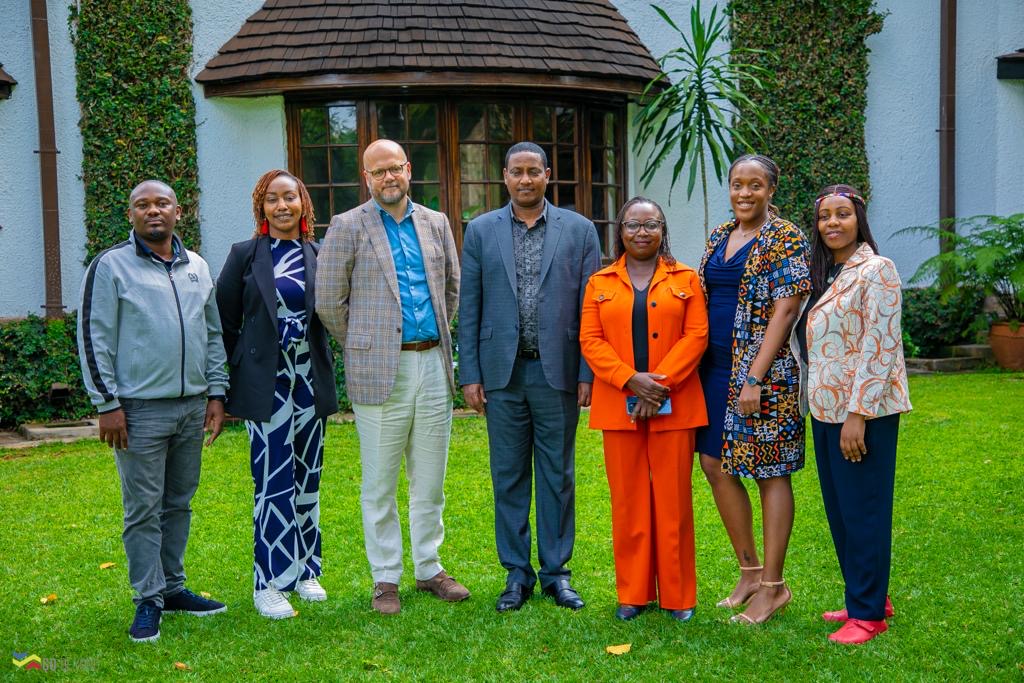
With Kenya and Ethiopia among the world’s top five flower exporters, seeing these authentic African stories brought to life on a global stage was deeply fulfilling.
It reminded me why I do what I do: to make sure our narratives are seen, heard, and valued and that Africa’s contribution to global floriculture is celebrated with the dignity it deserves.
In your experience, what goes into making international campaigns and high-profile events a success?
Success in multi-country campaigns and high-profile events starts with clarity of purpose and strong collaboration. It is about aligning on a shared vision while ensuring localized execution that respects cultural nuances, and the agility to adapt along the way.
I have learned that effective planning goes far beyond logistics it’s about storytelling consistency, stakeholder inclusion, and timely communication. For example, coordinating campaigns and events across Kenya and Ethiopia requires balancing global standards with local realities, ensuring that every touchpoint feels authentic and relevant to its audience.
Ultimately, the key is to listen, plan collaboratively, and keep the brand narrative clear and human-centered. When people feel seen, heard, and part of the process, success becomes not just possible, it becomes inevitable.
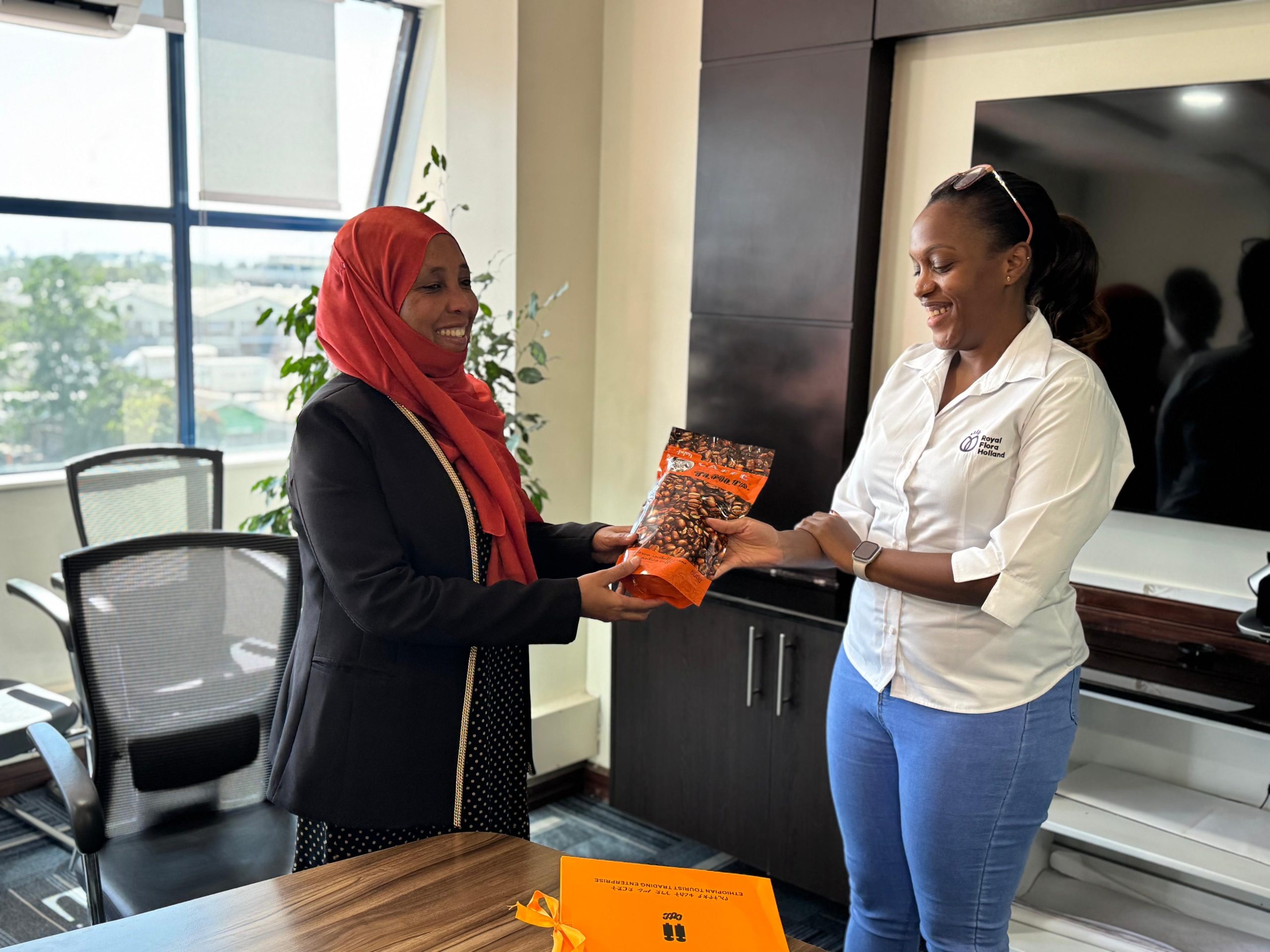
You are a full member of CIPR-UK and PRSK and part of the Netherlands Business Hub Kenya. How has professional community membership shaped your career and network?
Professional community membership has truly been a cornerstone of my growth. Through CIPR-UK, I have deepened my expertise in strategic communications, ethical practice, and reputation management. It has also given me access to global courses and training opportunities that help me stay ahead of emerging trends in PR and Communications.
PRSK has kept me grounded in Kenya’s dynamic communications landscape and connected me to a powerful support network, especially through Women in PR Kenya, a community that continues to inspire, challenge, and empower me.
Being part of the Netherlands Business Hub Kenya has also opened exciting doors for cross-cultural collaboration and event management, where I contribute as part of the events committee. These communities have offered far more than professional learning, they’ve provided mentorship, peer exchange, and a genuine sense of belonging. They remind me that growth happens in community, and that the best communicators are those who remain curious, collaborative, and connected.
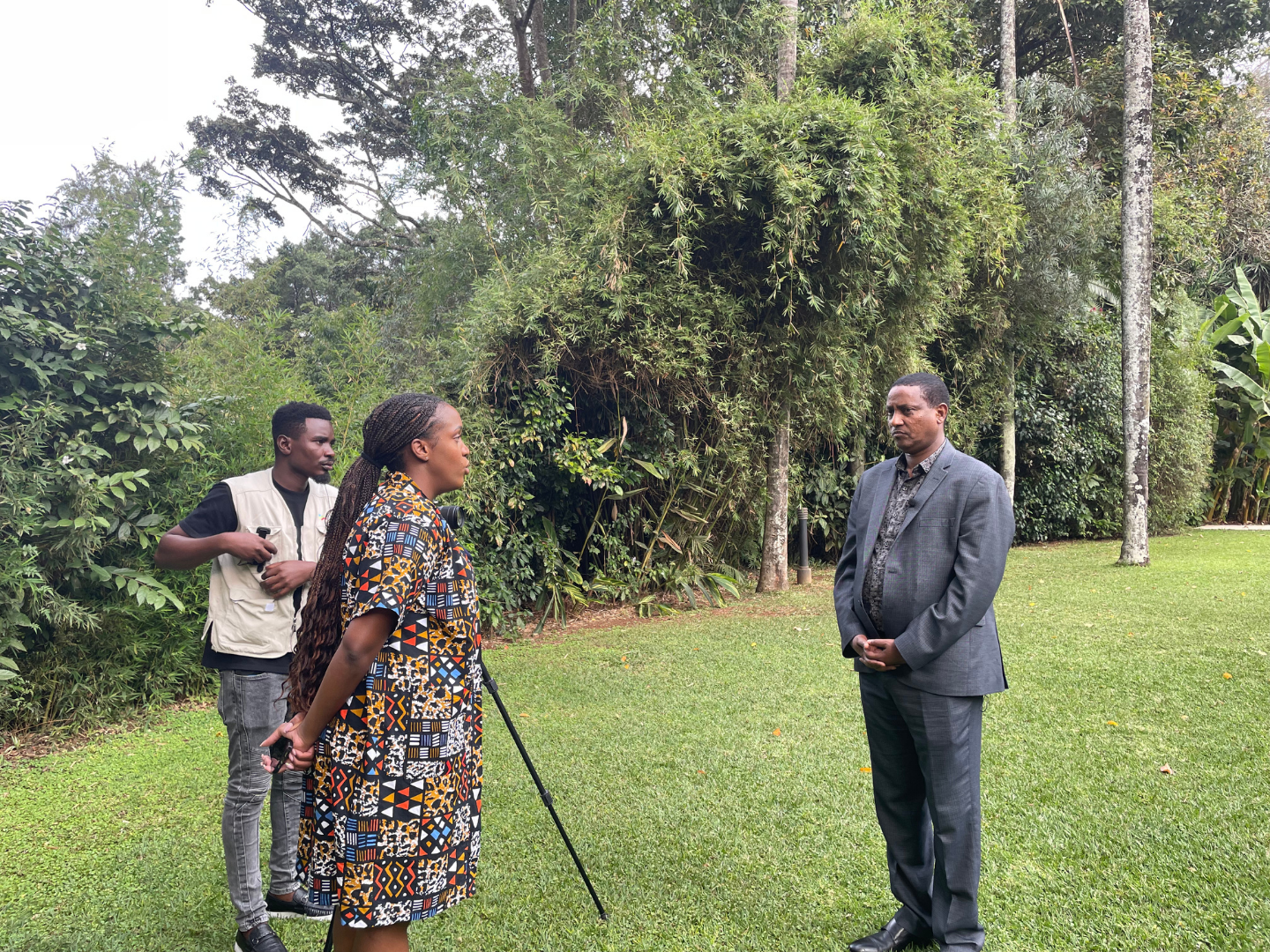
What advice would you share with young communicators who want to use storytelling as a tool for social change in Africa?
Start where you are, and tell stories that matter.
Africa’s strength lies in its people and perspectives, and communicators have the power to bring those to light. My advice is to ground your storytelling in authenticity and research.
Understand your audience, respect context, and let empathy guide your voice.
Don’t shy away from complexity, instead, use it to show the full picture of African innovation, resilience, and possibility. Storytelling for social change is long-term work, but every honest narrative you tell contributes to rewriting our continent’s story with dignity and truth.

